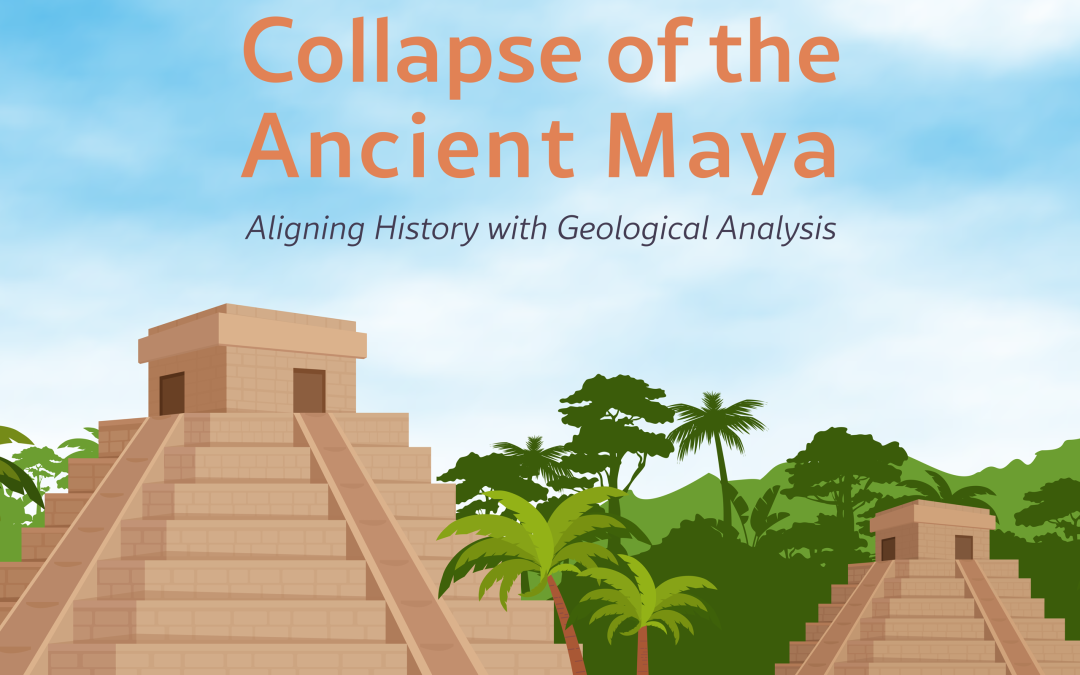
by admin | Nov 9, 2022 | earth and environment animated, research animated
Between 800 and 1000 CE, one of the world’s most advanced ancient civilisations underwent a devastating decline. The collapse of ancient Maya society has widely been attributed to a century-long drought; but so far, there have been few efforts to quantify this event, or to equate scientific findings with historical sources. Through new geological and paleoclimatological analyses, Dr Martín Medina-Elizalde at the University of Massachusetts, Amherst has revealed that the climate changes experienced during the drought followed more complex patterns than previously thought. His team’s discoveries could have important implications for predicting our own society’s future.
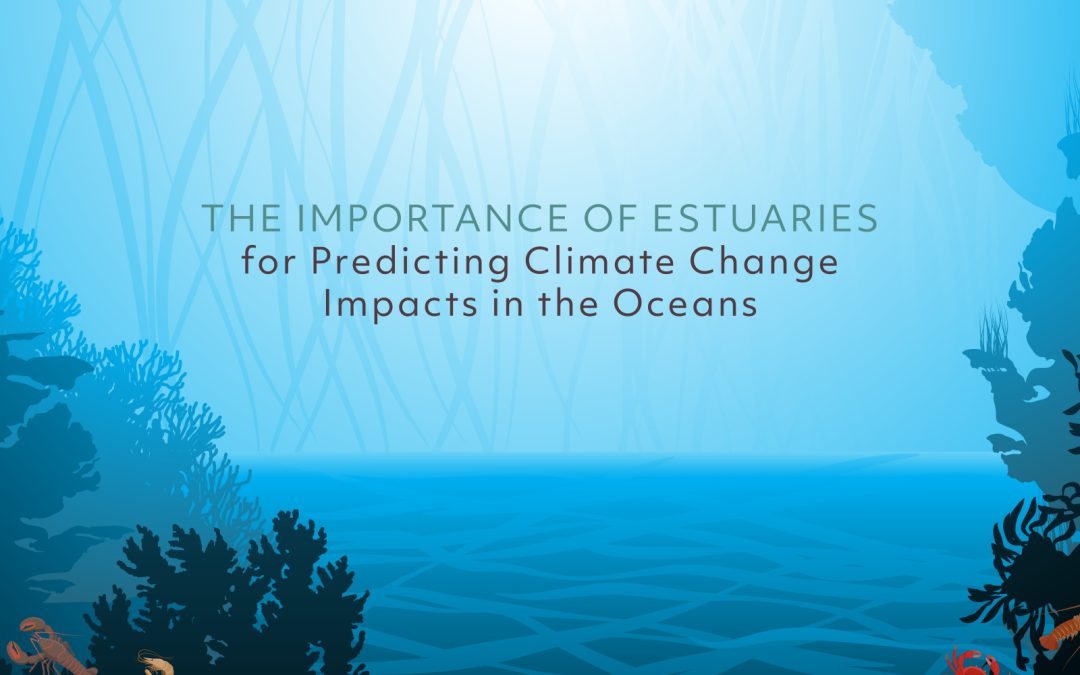
by admin | Nov 9, 2022 | earth and environment animated, research animated
Climate change is threatening the world’s marine ecosystems in myriad ways, due to rising temperatures, ocean acidification, and sea-level rise. Another often-overlooked effect is that warmer temperatures and changing weather patterns can alter the transmission of many marine parasites and infectious diseases. Such diseases don’t just impact their host populations, as cascading effects can disrupt entire ocean food webs. Krti Tallam at Stanford University studies the evolution of marine parasites and diseases, along with the broader implications for marine ecology. In a recent review paper, Tallam focuses on critically important ecosystems within intertidal zones.
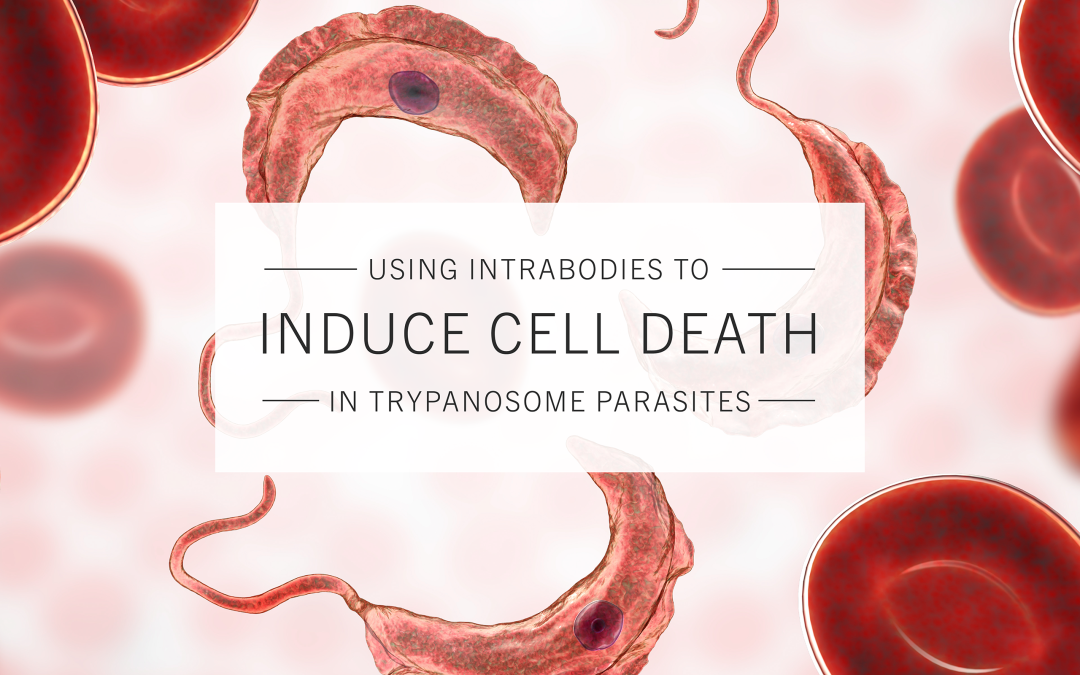
by admin | Oct 25, 2022 | health and medicine animated, research animated
Trypanosomes are single-celled parasites that cause life-threatening diseases in humans, domestic livestock and wild animals. In sub-Saharan Africa, infection with a species called Trypanosoma brucei or T.brucei causes African sleeping sickness, which results in organ failure and eventually fatal coma if left untreated. There are limited diagnostic tests and treatments available and much of trypanosome biology remains undiscovered.

by admin | Oct 4, 2022 | physical sciences animated, research animated
Modern microelectronics is currently facing a profound challenge. The demand for even smaller and more closely packed electronics has hit a stumbling block: the power emitted in these devices releases more heat than can be efficiently removed. Now, the Terra Quantum team proposes a solution based on the seemingly counterintuitive phenomenon of ‘negative capacitance’.
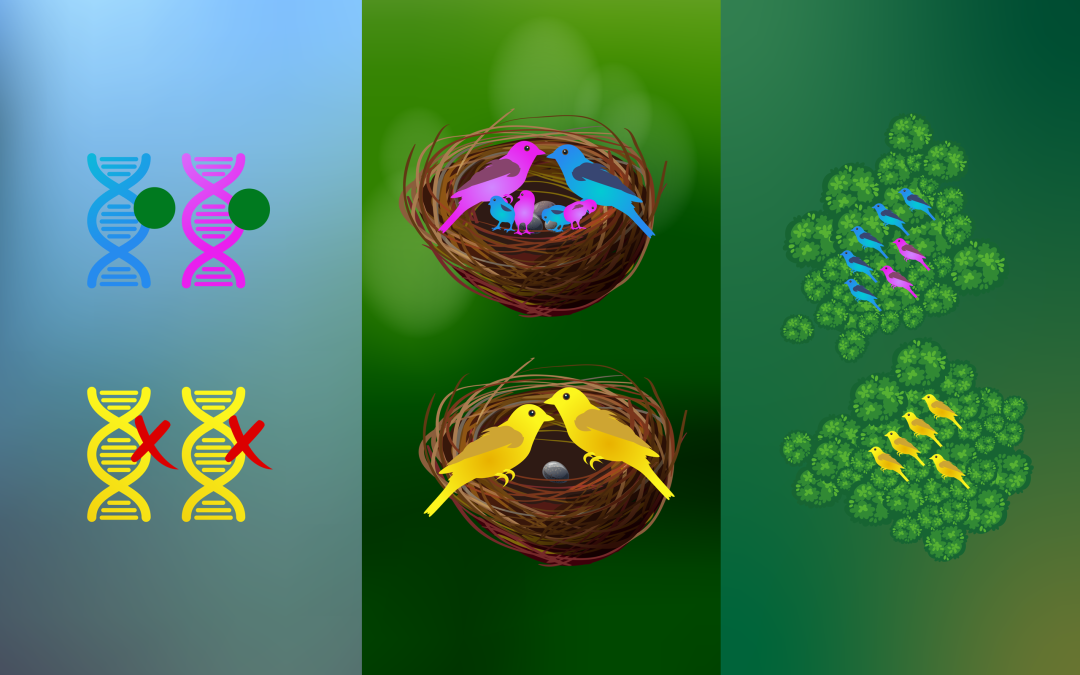
by admin | Oct 4, 2022 | biology animated, earth and environment animated, research animated
When a species’ habitat shrinks, its populations decline. Individuals that persist in remaining islands of habitat have no choice but to breed with their relatives, reducing the health and fertility of their offspring. Researchers at Monash University seek to increase genetic diversity in small populations, helping them rebound. They have established ‘genetic rescue’ methods to save many endangered species from extinction, collaborating with wildlife agencies to test solutions.
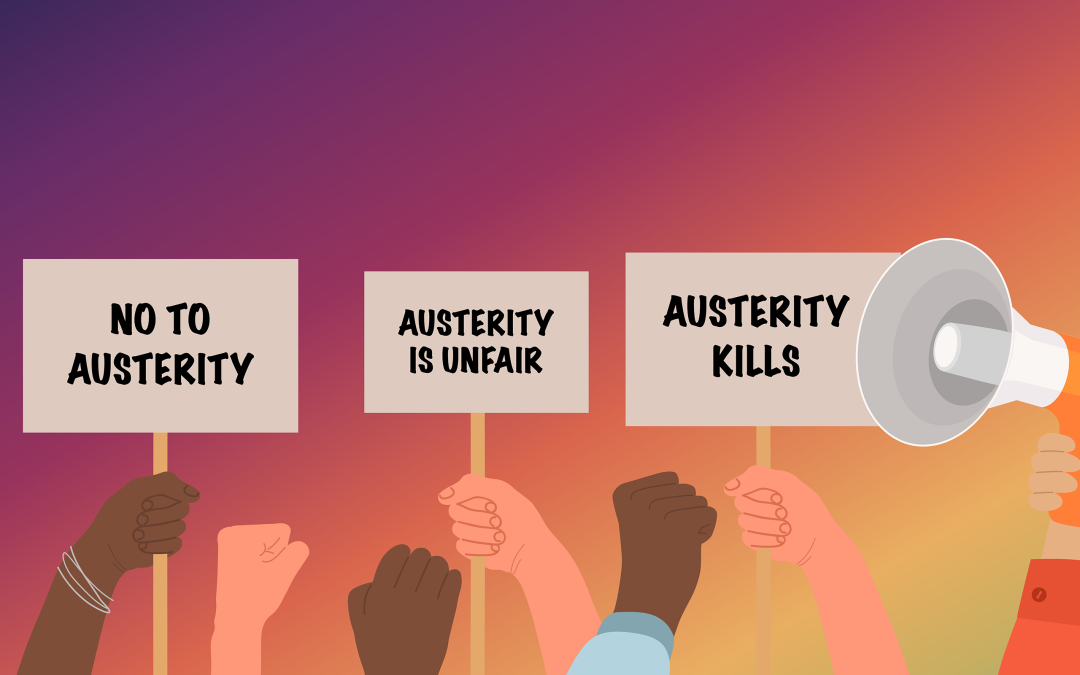
by admin | Sep 21, 2022 | behavioural sciences animated, business and economy animated, research animated
Following the global financial crisis of 2007 and 2008, a related economic emergency known as the Euro Crisis spread throughout Europe. To counter this crisis, the EU imposed a series of austerity measures in the worst-hit countries, which fuelled outrage across Europe. However, it is unclear whether citizens were more outraged about these policies because they had been implemented by EU institutions rather than national governments. Professor Sonia Alonso and Professor Ignacio Sánchez-Cuenca recently set out to understand whether the willingness of citizens to accept unpopular policies varies depending on whether they were introduced by their national governments or by EU institutions.






